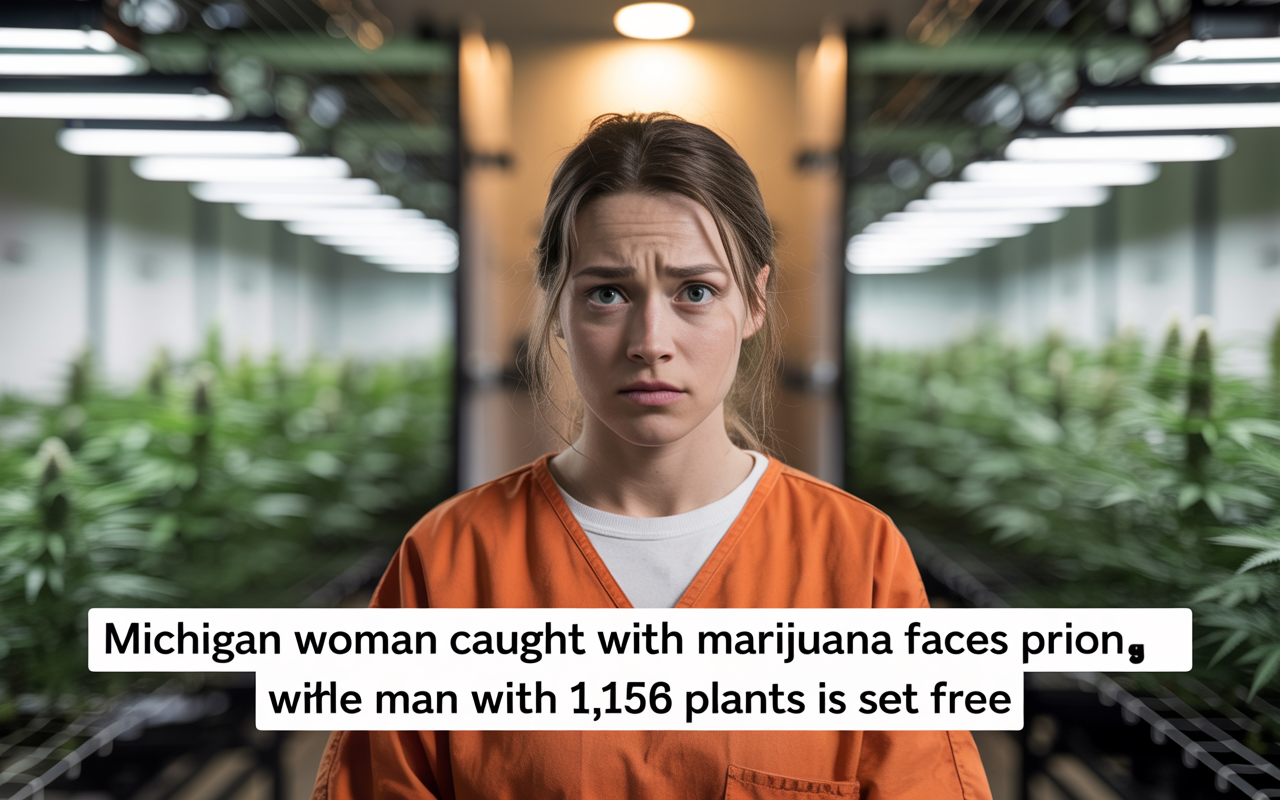The Cereal City Buzz
Archives
Michigan's Inconsistent Marijuana Laws Spark Calls for Reform
SIGN UP FOR OUR NEWSLETTER
Michigan's Inconsistent Marijuana Laws Spark Calls for Reform |
Disparities in penalties for similar offenses highlight the need for legislative clarity |
Michigan's marijuana legislation has come under scrutiny due to inconsistent laws that result in varying penalties for similar offenses.
In October 2023, the Michigan Court of Appeals ruled that individuals operating large-scale, unlicensed marijuana grows could only face misdemeanor charges under the 2018 Michigan Regulation and Taxation of Marihuana Act (MRTMA).
This decision was exemplified in the case of Shaaln M. Kejbou, who was found cultivating over 1,100 plants without a license.
Despite the scale of the operation, Kejbou faced only a 90-day misdemeanor charge, highlighting a significant gap in the state's legal framework.
Conversely, in October 2024, the same court upheld felony charges against Julia K. Soto for possessing with intent to deliver at least 20 pounds of marijuana.
Soto faced up to seven years in prison under the 1978 Public Health Act, which imposes harsher penalties for possession and distribution offenses.
This stark contrast in sentencing has raised concerns among legal experts and industry stakeholders.
Defense attorney Daniel Grow criticized the disparity, stating, "To the extent that possession with intent to deliver remains a felony in Michigan, but cultivating any amount is not, seems rather inconsistent."
He emphasized the unlikelihood of someone growing 1,000 marijuana plants without the intent to distribute them.
In response to these inconsistencies, state representatives Graham Filler and Jimmie Wilson Jr. introduced House Bills 5884-85 in July 2024.
The proposed legislation aims to merge the regulations for recreational and medical marijuana into the MRTMA, thereby repealing the older medical marijuana law.
Filler highlighted the benefits of this consolidation, stating, "By modernizing the regulatory process, we can help businesses cut costs and increase efficiency."
Wilson Jr. added, "This is a forward-thinking approach that positions Michigan as a leader in the industry."
Despite these legislative efforts, the Michigan Supreme Court declined to review the October 2024 ruling, leaving the current legal disparities unaddressed.
Justice Kyra H. Bolden dissented, urging the Legislature to "modernize Michigan's marijuana laws to bring clarity, coherence, and fairness to an area of law that remains plagued by contradiction."
As Michigan's cannabis industry continues to evolve, the need for consistent and equitable laws becomes increasingly apparent.
Stakeholders are calling for prompt legislative action to resolve these disparities and ensure a fair legal landscape for all involved. |

